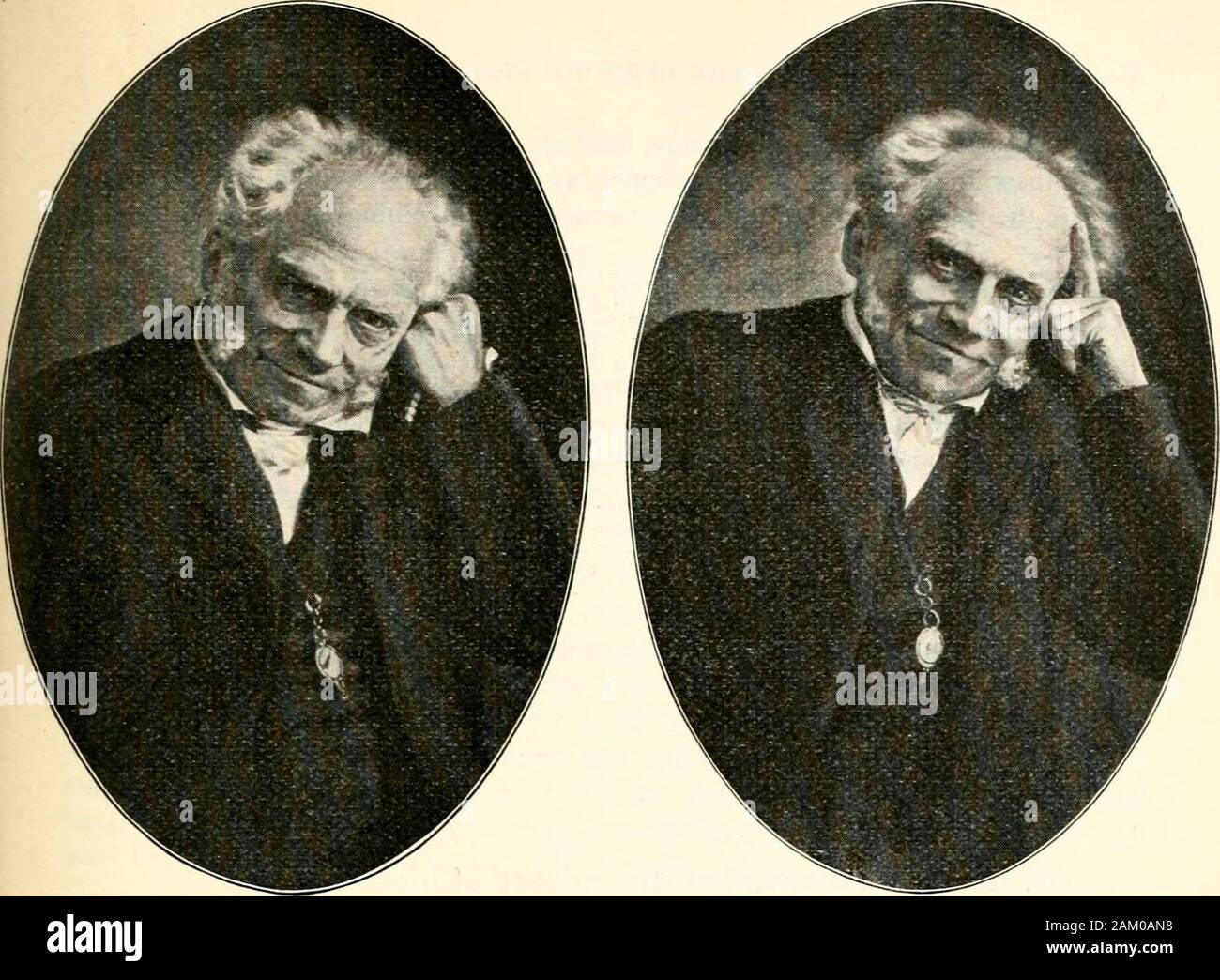The Open court . van-ity of things appears as transitoriness ; since through time all our enjoyments andpleasures come to naught ; and we afterward ask in astonishment what has becomeof them. Accordingly our life resembles a payment which we receive in copperpence, and which at last we must receipt. The pence are the days, death the re-ceipt. For at last, time proclaims the sentence of natures judgment upon theworth of all beings by destroying them. And justly so; for all things from the voidCalled forth, deserve to be destrojed.Twere better, then, were naught created.—Goethe. Age and death, t

Image details
Contributor:
The Reading Room / Alamy Stock PhotoImage ID:
2AM0AN8File size:
7.2 MB (425.7 KB Compressed download)Releases:
Model - no | Property - noDo I need a release?Dimensions:
1845 x 1355 px | 31.2 x 22.9 cm | 12.3 x 9 inches | 150dpiMore information:
This image is a public domain image, which means either that copyright has expired in the image or the copyright holder has waived their copyright. Alamy charges you a fee for access to the high resolution copy of the image.
This image could have imperfections as it’s either historical or reportage.
The Open court . van-ity of things appears as transitoriness ; since through time all our enjoyments andpleasures come to naught ; and we afterward ask in astonishment what has becomeof them. Accordingly our life resembles a payment which we receive in copperpence, and which at last we must receipt. The pence are the days, death the re-ceipt. For at last, time proclaims the sentence of natures judgment upon theworth of all beings by destroying them. And justly so; for all things from the voidCalled forth, deserve to be destrojed.Twere better, then, were naught created.—Goethe. Age and death, to which every life necessarily hurries, are the sentence ofcondemnation upon the will to live, passed by nature herself, which declares thatthis will is a striving that must frustrate itself. What thou hast willed, it says, ends thus ; will something better ! The lessons which each one learns from life consist, on the whole, in this, that the objects of his wishes constantly delude, shake, and fall ; consequently. Schopenhauer in 1852.From two daguerreotypes, highly prized by Schopenhauer, now in the possession of Elisabet Ney. Theyrepresent the sitting when Schopenhauer drank the historical bottle of wine to remove his wonted lugubriousand pessimistic cast of countenance.